We'd love to hear from you!
Use this form to send the IIP team a quick message:
The Invisible Inventories Zine
The Invisible Inventories zine, published in 2021, brings together critical reflections, research findings, and artistic responses from this unique Kenyan-European collaboration. Available in both English and German, it serves as a platform for diverse voices exploring the complex realities of cultural heritage in a post-colonial world.
Through essays, conversations, and object biographies, the publication offers fresh perspectives on reimagining relationships between cultural institutions across continents. Contributors include Chao Tayiana Maina, George Abungu, Wandile Kasibe, The Nest Collective, SHIFT Collective and other leading voices in cultural heritage and decolonization.
The zine is available for sale in print and digital editions via Soma Nami Books (Kenya) and Iwalewa Books (Germany).
Through essays, conversations, and object biographies, the publication offers fresh perspectives on reimagining relationships between cultural institutions across continents. Contributors include Chao Tayiana Maina, George Abungu, Wandile Kasibe, The Nest Collective, SHIFT Collective and other leading voices in cultural heritage and decolonization.
The zine is available for sale in print and digital editions via Soma Nami Books (Kenya) and Iwalewa Books (Germany).
Excerpts from the IIP Zine:
Below are excerpts from selected articles that capture the spirit of the project. These condensed versions offer a glimpse into the full conversations, which delve deeper into the complexities of museum collaborations, trust-building across cultures, archival access, and the significance of our database work. The complete articles, along with many other contributions, are available in the full zine.
Database and Documentation
Examining the stories behind 32,000+ Kenyan objects in global museums
The Nest Collective examines the database at the heart of the IIP project, unpacking what it means to digitally assemble data about 32,321 Kenyan objects scattered across 30 institutions worldwide.
(The Nest Collective / 4 minute read)
The Nest Collective examines the database at the heart of the IIP project, unpacking what it means to digitally assemble data about 32,321 Kenyan objects scattered across 30 institutions worldwide.
(The Nest Collective / 4 minute read)
Partnership and Process
A frank discussion on power, trust and collaboration
Artist collectives The Nest and SHIFT engage in a frank discussion about the challenges of trust—between museums and researchers, between project partners, and within the complex power dynamics of international cultural work.
(The Nest and SHIFT Collectives / 3 minute read)
Artist collectives The Nest and SHIFT engage in a frank discussion about the challenges of trust—between museums and researchers, between project partners, and within the complex power dynamics of international cultural work.
(The Nest and SHIFT Collectives / 3 minute read)
Cross-Cultural Dialogue
A dialogue on institutional collaboration and change
In this candid exchange, museum professionals from Kenya and Germany reflect on their initial hesitations, evolving perspectives, and the transformative impact of their collaboration through the IIP project.
(RJM, WKM and NMK Team Members / 3 minute read)
In this candid exchange, museum professionals from Kenya and Germany reflect on their initial hesitations, evolving perspectives, and the transformative impact of their collaboration through the IIP project.
(RJM, WKM and NMK Team Members / 3 minute read)
Historical Context
On archives, access and historical memory
Digital heritage specialist Chao Tayiana Maina explores the parallel between object repatriation and archive accessibility, revealing how historical records shape national memory and identity.
(Chao Tayiana Maina / 2 minute read)
Digital heritage specialist Chao Tayiana Maina explores the parallel between object repatriation and archive accessibility, revealing how historical records shape national memory and identity.
(Chao Tayiana Maina / 2 minute read)




